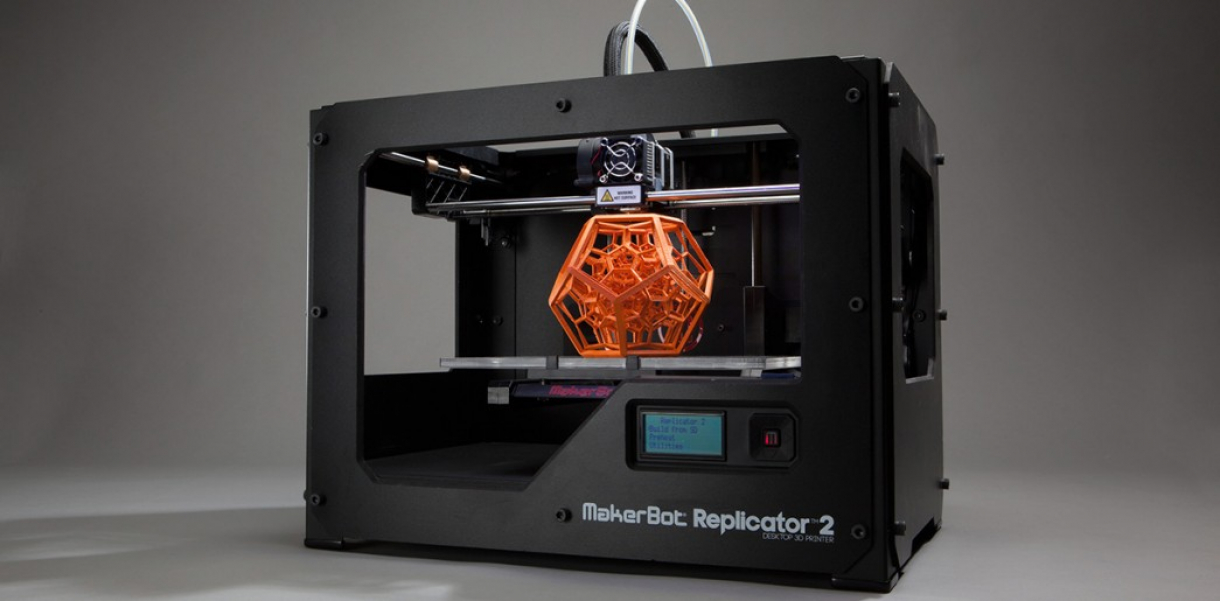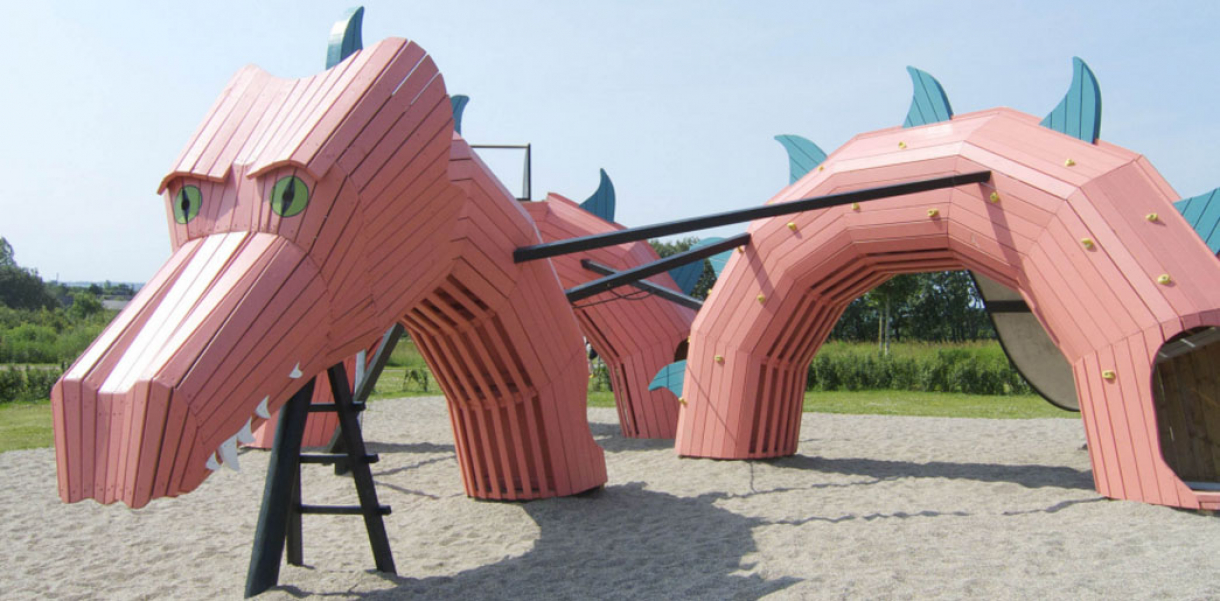It's no secret that 3D printing is all the rage and will continue to be so in the future. The idea is that one day soon, people won't need to go out to shop; they will simply download and print their goods at home. "Producing locally" has many environmental benefits including dramatically decreasing the amount of goods transported worldwide. The Makerbot Replicator 2 - the easiest, fastest, and most affordable desktop 3D printer on the market - is a phenomenal tool to make us rethink how and what we consume in the future.
Imagine if you could design and print your very own phone case at home? Well, now you can! (Among many other products that are only limited by your imagination and size.) Thanks to MakerBot Industries, a company that "makes the thing that makes cool things for you!"
MakerBot Industries, founded by Bre Pettis, Adam Mayer and Zach Smith in 2009, is the market leader in 3D desktop printers, having sold more than 22,000 3D printers over the last 4 years with the MakerBot Replicator 2 accounting for 11,000 of those sales in the last year alone. These figures might not seem excessively high, but 3D printers are becoming increasingly valuable for design innovations. CEO Bre Pettis foresees that within the next decade home 3D printers will become the norm.
Some benefits of 3D printing include:
- Increase of innovation by printing prototypes in hours, obtaining feedback and refining designs until they are perfect.
- Speed and affordability for a wide variety of applications.
- Reduction of development costs by identifying design errors earlier and reduces travel to production facilities, as well as the obvious cost-cut from rapid prototyping at home.
With even NASA looking into 3D-printing pizza, the future is definitely here. The perks of 3D printing are endless. Sadly, some of them have been exploited for negative uses, but that doesn't over shadow the positive impact 3D printers can have if used properly. Take for example INDEX: Award 2013 Finalists AdaptAir and Wilmington Robotic Exoskeleton. AdaptAir is a life-saving design that aids children with pneumonia to breathe; what's more it can be mass-produced affordably with the use of 3D printers. The Wilmington Robotic Skeleton is an exoskeleton that helps sick children move freely with the use of lightweight 3D-printed arms. Pretty great applications, if you ask us!
3D printing can most definitely be used to improve life, so why not start with the best 3D desktop printer available on the market? Stratasys Ltd - the leader in 3D printing and additive manufacturing - recently acquired MakerBot Industries in a $403 million dollar deal. It looks like the two companies will be dominating the 3D printing market in the future.






